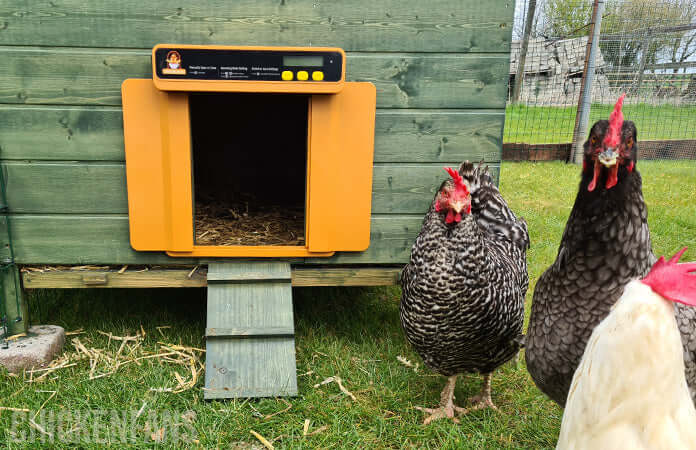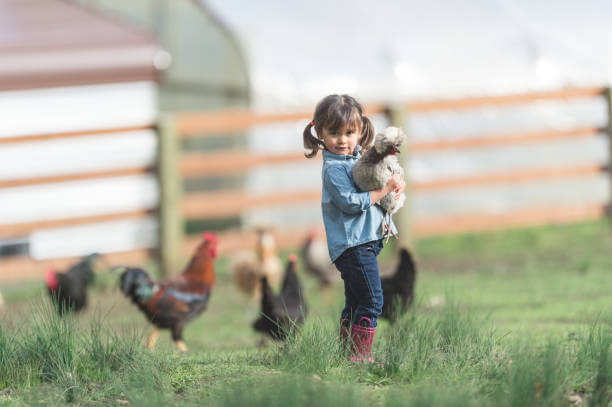As the popularity of raising backyard chickens continues to grow, more and more people are discovering the joy and rewards of keeping these delightful birds. However, with the responsibility of raising these animals comes the need to ensure their health and well-being. In this article, we will discuss some key strategies to prevent common chicken diseases and ensure a flourishing flock.
Understanding Chicken Health Basics
First and foremost, it's crucial to familiarize yourself with chicken health basics. This knowledge will help you identify and address potential issues before they escalate into serious problems. Some common chicken diseases include:
- Coccidiosis: A parasitic disease that affects the intestinal tract
- Marek's disease: A viral disease that can cause paralysis and tumors
- Infectious Bronchitis: A respiratory disease with symptoms like coughing and sneezing
- Avian Influenza: A viral disease that can spread rapidly and cause high mortality rates
To prevent these and other health problems, consider the following tips:
- Provide a Clean and Safe Living Environment
Proper chicken coop design ideas are essential for maintaining good chicken health. A well-designed coop should:
- Be spacious enough to prevent overcrowding
- Have proper ventilation to maintain good air quality
- Offer protection from predators and harsh weather conditions
- Be easy to clean and maintain
Remember to clean the coop regularly, remove droppings, replace bedding, and disinfect surfaces to minimize the risk of disease.

- Ensure a Balanced Diet
Chickens require a balanced diet to maintain good health and produce high-quality eggs. Commercially available feed is formulated to provide all the necessary nutrients, so make sure to purchase feed that is appropriate for your chickens' age and purpose (e.g., layers vs. broilers). In addition to commercial feed, chickens can benefit from access to grit and oyster shells to support proper digestion and eggshell production.
3. Provide Fresh Water
Clean, fresh water is essential for maintaining chicken health. Make sure to provide an adequate supply of water that is easily accessible to all your birds. Regularly clean and refill waterers to prevent bacterial growth and the spread of disease.
4. Keep Bedding Dry
Moisture in the coop can lead to the growth of harmful bacteria and fungi, which can cause respiratory problems and other health issues for your chickens. To prevent this, make sure to keep the bedding in the coop as dry as possible. If you notice any areas that are damp, remove the wet bedding and replace it with fresh, dry bedding. You can also add a layer of diatomaceous earth or lime to absorb moisture and reduce odors.
5. Implement Biosecurity Measures
Biosecurity measures can help prevent the introduction and spread of diseases in your flock. Some important biosecurity practices include:
- Quarantining new birds before introducing them to your existing flock
- Regularly checking your birds for signs of illness and isolating sick birds
- Limiting access to your flock by visitors, and providing footbaths and clean clothing for those who do enter
- Keeping wild birds and rodents away from your chickens and their feed
6. Monitor and Respond to Health Issues
Finally, be vigilant in monitoring your flock for signs of illness. Early detection and intervention can be crucial in preventing the spread of disease. If you suspect a health problem, consult with a veterinarian experienced in poultry health for advice and treatment options.
With careful attention to hygiene, nutrition, and disease prevention, you can enjoy the benefits of fresh eggs and the companionship of your feathered friends while keeping them safe and healthy.




Leave a comment
All comments are moderated before being published.
This site is protected by hCaptcha and the hCaptcha Privacy Policy and Terms of Service apply.